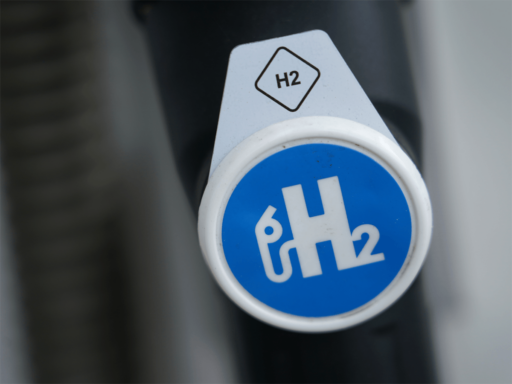
The project, part of H2@Scale in Texas and Beyond, is supported by the Department of Energy’s (DOE) Hydrogen and Fuel Cells Technology office, and will be located on the UT J.J. Pickle research campus in Austin. The project team says the site will serve as a precursor to hydrogen hub development. Renewable natural gas, wind and solar will be converted to hydrogen for use in transportation and commercial applications, including UT’s data center, fuel cell drones and a fleet of Toyota Mirai FCEVs.
The project also resulted in the development of a hydrogen framework for the state, quantifying potential pathways for the growth of the Texas Gulf Coast hydrogen economy, and modeling the future supply, distribution, and demand of hydrogen in the region.
GTI Energy is involved in several hydrogen hub projects announced last fall as part of $7 billion in federal hydrogen hub funding from the DOE.
The Gulf Coast Hydrogen Hub (HyVelocity H2Hub) is administered by GTI Energy and includes organizing participants like The University of Texas at Austin, the Center for Houston’s Future and Houston Advanced Research Center. The Gulf Coast Hydrogen Hub will be centered in the Houston, Texas region. Large-scale hydrogen production is planned using both natural gas with carbon capture and renewables-powered electrolysis.
GTI Energy is also a member of the Midwest Hydrogen Hub (Midwest Alliance for Clean Hydrogen – MachH2), which includes Illinois, Indiana, Michigan. Hydrogen uses in this hub include steel and glass production, power generation, refining, heavy-duty transportation and sustainable aviation fuel.